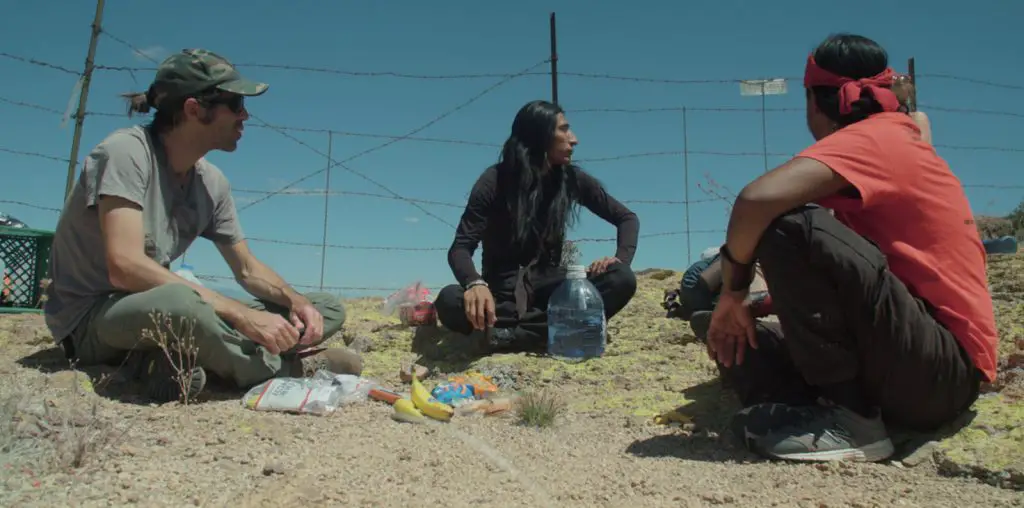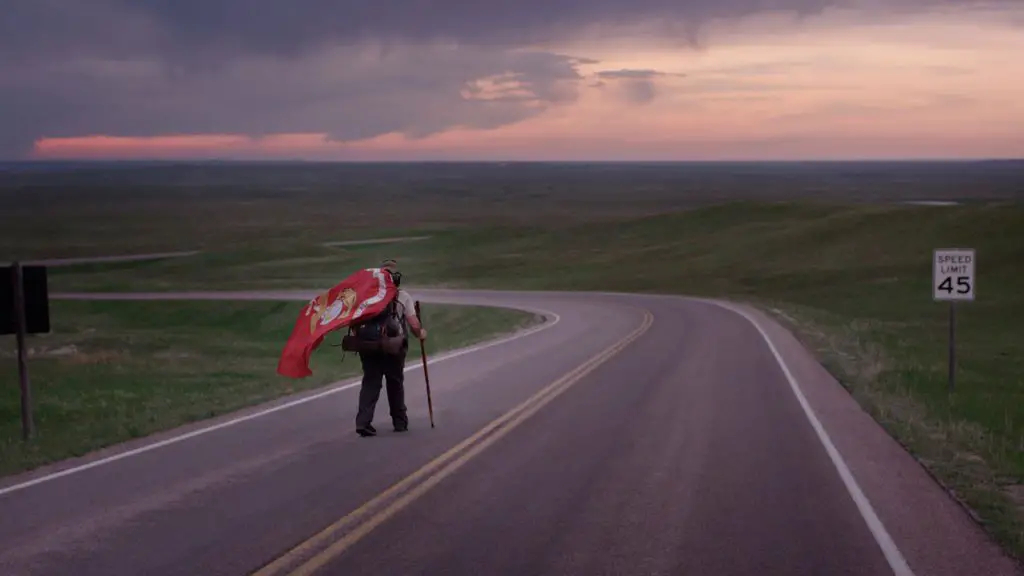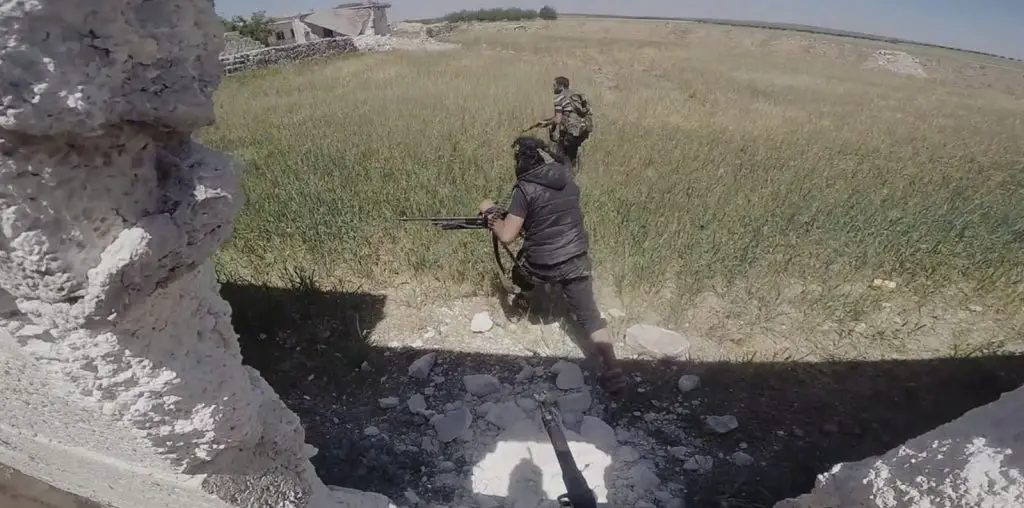
The Longest War consists of a series of incredibly compelling footage, haphazardly assembled. Barker set himself a near-impossible task: to condense the enormity and nuance of the titular conflict into an 80-minute documentary. It skips past the nation’s history, skirts by 9/11, doesn’t quite delve deep enough into the psychology of the Afghan people, or the United States troops who had to drop bombs without a discernible reason.
As if compelled to end the film on a positive note of sorts, Barker puts hope in education, “the capacity to embrace change.” Judging by the outcome, it’s obvious the filmmaker had a plethora of resources and material that he had assembled. Perhaps a mini-series would have done better justice to his efforts.
Nevertheless, what is on display is both remarkably tense and highly devastating. The film starts on one of its most poignant moments – the tracing back of U.S. presidents, each futilely claiming they would put an end to the war, all the way back to Jimmy Carter in 1979. There’s fascinating footage of early bin Laden interviews in underground tunnels, which resemble hostage videos. The entire section focusing on the founder of Al Qaeda (over the course of several weekends, no less!) is riveting. CIA-operated drones dropping bombs, unbeknownst to the U.S. government, makes for some genuinely jaw-dropping moments.
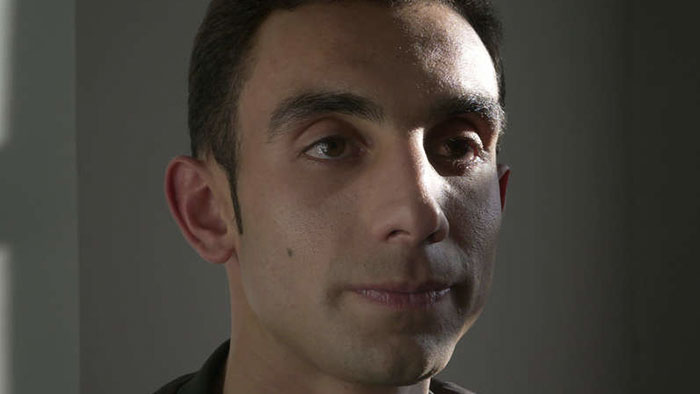
“…a series of incredibly compelling footage, haphazardly assembled.”
The most powerful bits, however, come towards the end, where the repercussions of the devastating bombings of a Doctors Without Borders hospice and the American University in Kabul are examined. A young girl pretends to be dead after being shot, just to survive long enough to be rescued. Confused U.S. army leaders, with no coherent plan, go into battle for no specific cause. One agent was tasked with cutting off bin Laden’s head, putting it in dry ice and shipping it so that it could be shown to the president. His response? “Where will I find dry ice in Afghanistan?”
“It’s our soil that’s being used for wars between the global powers,” Roya Rahmani, an Afghan Ambassador, says. “Whatever winning means, you usually don’t get it in Afghanistan,” another interviewee intones despondently. And then there’s Trump: “I could win that war in a week. I just don’t want to kill ten million people.”
The Longest War sheds light on the ouroboros-like nature of the conflict, on the governments’ inability to communicate, on the fact that people are dying as we speak, and there’s no end in sight. As such, it couldn’t be more relevant.
The Longest War premieres on Showtime.
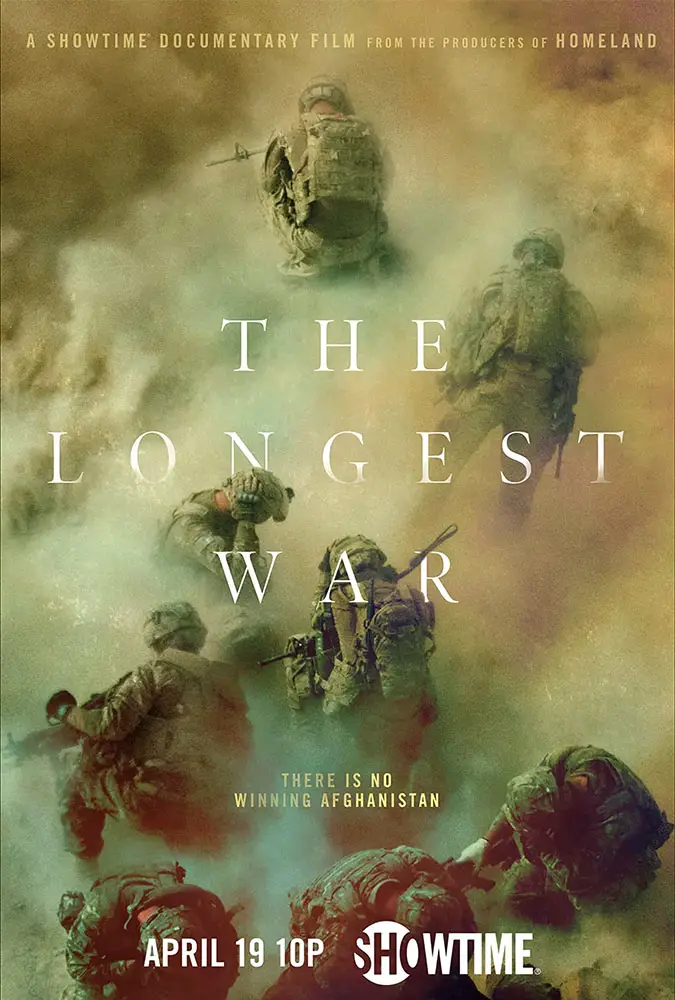
"…sheds light on the ouroboros-like nature of the conflict... on the fact that people are dying as we speak, and there’s no end in sight"
